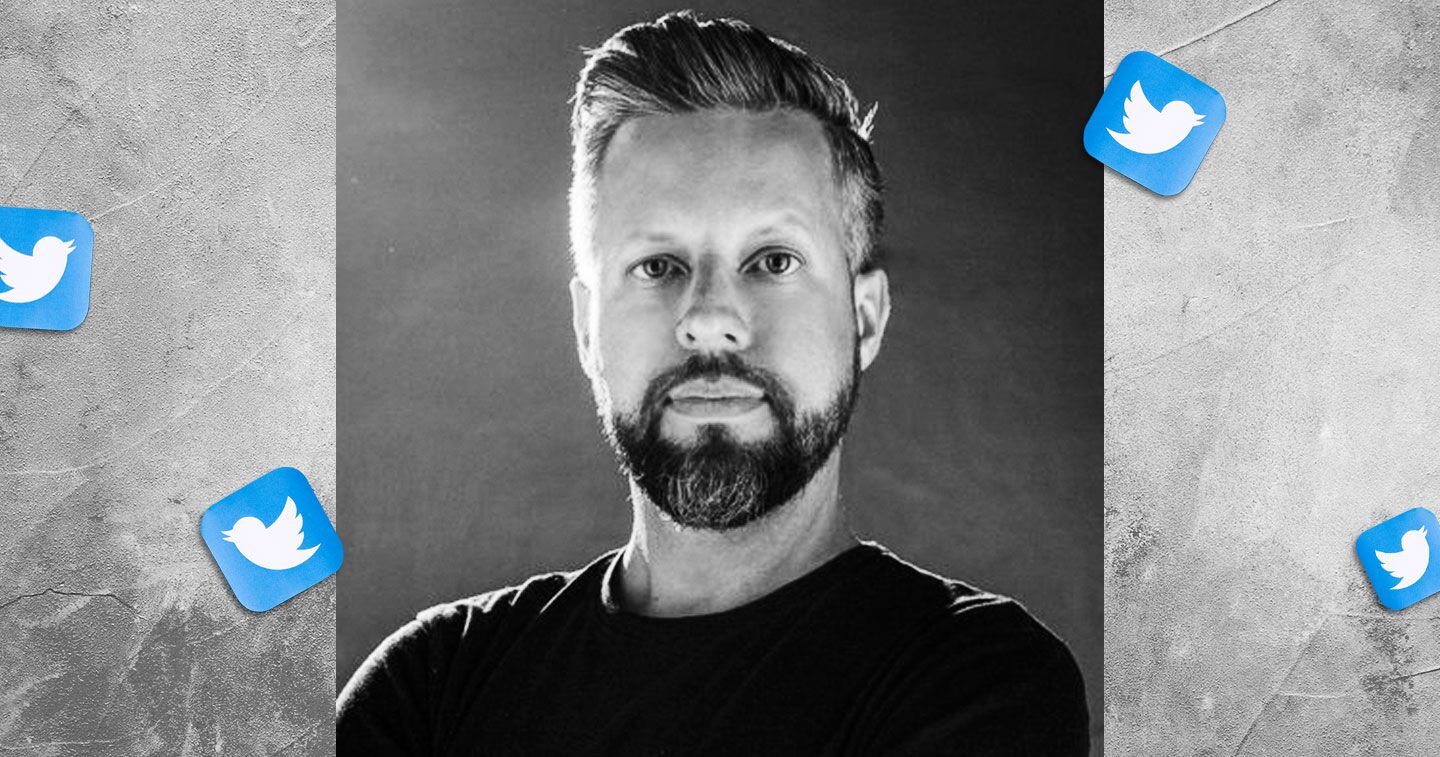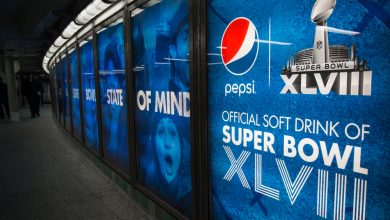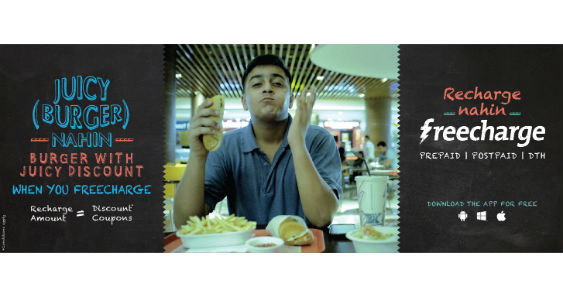Creativity as a term has hounded the advertising industry since its birth. In a way, it has become almost synonymous to the term advertising were it not for the stereotypes that advertising is the same as PR and as a whole is a manipulative scheme.
An ongoing conversation today is the democratization of creativity. By very broad strokes, creativity’s definition can go simply as the ability to solve problems. Anselmo Ramos, Founder and Chief Creative Officer of GUT, tweeted on February 26 that everyone is creative. “Everyone is creative, planners are creative, producers are creative, media people are creative, finance people are creative, account people are creative, clients are creative. Sometimes even creatives are creative, creative is not a department, it’s a mindset.”
Everyone is creative.
Planners are creative.
Producers are creative.
Media people are creative.
Finance people are creative.
Account people are creative.
Clients are creative.
Sometimes even creatives are creative.
Creative is not a department.
It’s a mindset.— anselmo ramos (@anselmoramos) February 27, 2019
The newly-minted Chief Creative Officer of McCann Worldgroup Philippines, Joe Dy, weighed in with a borrowed philosophy from Spiderman: with great power, comes great responsibility.
“Everyone wants to be creative, and it’s true that everyone has the potential to be. But not everyone understands the accountability behind it as a profession. It’s easy to be creative when you’re only answering to yourself. When it’s just about feelings and lofty ideals.”
Creative unblock
Once in a while, after the high of watching a good movie or sunbathing in a picturesque beach, an idea pops into the brain and suddenly it’s golden but what if being an idea factory is how one makes a living? It becomes a different story altogether when having to constantly churn creative outputs is a job description.
“It’s different when you have to do it on demand, to defend and justify it, to endure people whose tastes differ from you disagree and critique you, to have the things you create questioned by people you find questionable, to deal with the pressure and expectation to be the best in class every time out, while facing a blank sheet of paper,” commented Dy.
As if that is not enough, being a creative in the advertising industry means facing rejections repeatedly and working on creative outputs in the wee hours of the night, spent away from children and family.
“To have your heart broken with every rejection. To make ideas happen against incredible odds. Then basically to be told that anyone can do your job. After which you can only sigh, and realize you’ll just have to prove otherwise. Over and over again. Every single day,” he added.
Think of it this way: in a democracy, everyone has the right to speak their minds, but consequences always find ways to manifest. As for the creative industry, one consequence of everyone being a creative is the decline of the industry. Not to mention, the reduction of an agency’s role to being an executioner of a client’s idea.
Merlee Jayme, Chairmom and Chief Creative Officer of Dentsu Jayme Syfu, believes that everyone can be creative. In fact, she published a book in 2016 with the same title.
“I used to make a joke at one point that when God threw this magic dust of creativity, some was a bit far away in the room. Maybe caught just a few. And some had all of it on them. So those are the luckier ones that probably in our business and those trying to catch one flicker at the other maybe would have a little bit but you can develop that,” said Jayme.
The Efficiency Bubble
One attempt to shed light on the conversation is the Efficiency bubble. The Head of Planning at BBH APAC, Thomas Wagner, says that in an attempt to compress advertising and be more efficient in short formats, efficiency leads the way to mediocracy.
One can easily make an television commercial but not just anyone can make a campaign that would be disruptive. This may also be an evidence why with so many ways of gauging impact in advertising, awards still matter to the industry.
Lewis’ Communications’ Creative Director, RT Herwig puts it this way: “The fantasy that not everyone is creative, although romantic, is dangerous and outdated. As our industry gets faster and more complex, we need to come up with new ideas quicker, and it takes different kinds of thinking from different disciplines to come together to solve today’s briefs.”
This was echoed by Jayme who said, “What’s important is, for example, the secretaries or everybody else in the services level in the agency. Try to be creative in saving electricity. Try to be creative in saving paper. Everybody has to be that in that mold because you make it a better world if you are. You try to be different, you try to look for better ways, You just don’t accept how things are. So therefore, you move this world, hopefully this country becomes a better one because all of us think that way.”
It is not the point of the conversation to revere creativity, or make it exclusive to some people. But perhaps to draw a line between having a random spark of brilliant idea and being a creative as a job description and to choose it repeatedly every single day.
“Yet somehow still love doing it. Somehow still draw enough joy from that occasional piece of great work that survives the gauntlet to make it all worthwhile. And to have that joy sustain you through till the next one. It takes a special kind of crazy for that” stressed Joe Dy.
In the words of Tractions’ Executive Creative Director and Co-Founder Theo Fanning, “Everyone can be creative but being creative, does not guarantee you are a good copywriter, designer, director, storyteller, illustrator, photographer, content architect, musician, dancer, motion artist, editor, and typographer. Your creativity doesn’t invalidate a professional’s earned skill.”
Sponsor









